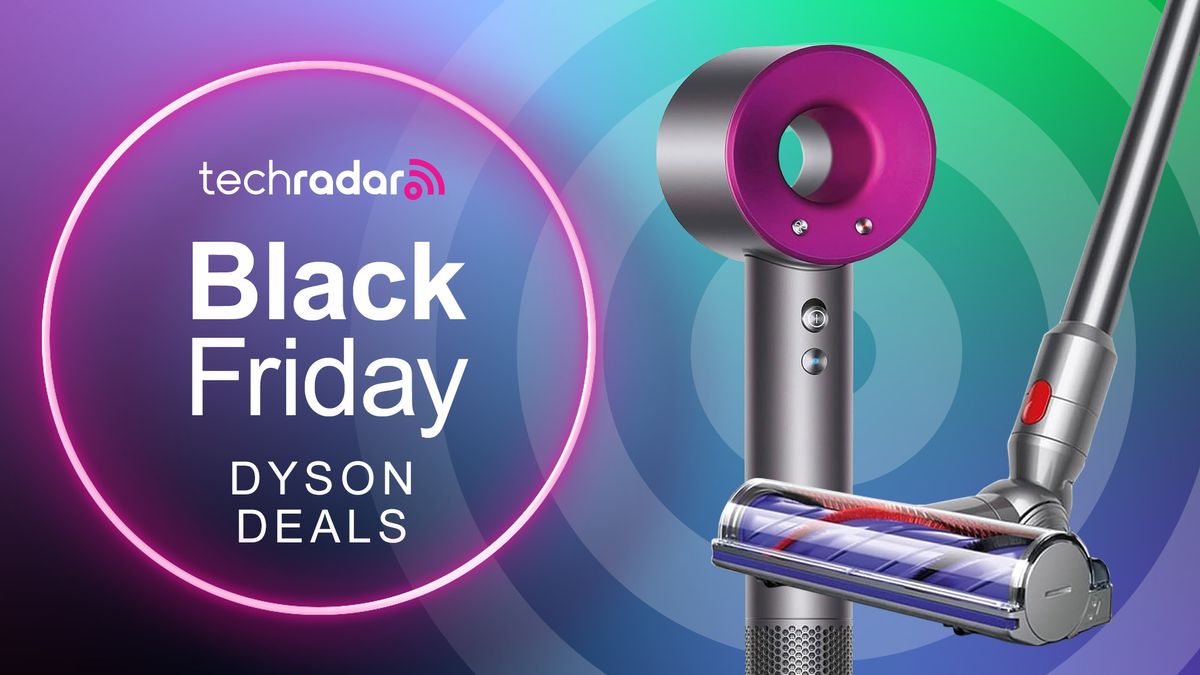Serving tech enthusiasts for over 25 years.
TechSpot means tech analysis and advice you can trust.
Big quote: The ongoing antitrust trial against Google has placed the search giant's Chrome web browser at the center of a heated debate over the future of internet search and competition. During testimony on Wednesday, Gabriel Weinberg, CEO of rival (but much smaller) search engine DuckDuckGo, told the court that Chrome could fetch a sale price of up to $50 billion if regulators force Google to divest the popular browser.
Weinberg described his estimate as a "back-of-the-envelope" calculation, based on Chrome's vast user base and global reach – a figure that far exceeds previous estimates, such as the $20 billion valuation offered by Bloomberg analyst Mandeep Singh last November. Weinberg added that such a price tag would be well beyond DuckDuckGo's financial capabilities, remarking, "That's out of DuckDuckGo's price range."
Nevertheless, he confirmed that DuckDuckGo would be interested in acquiring Chrome if cost were not a barrier, underscoring the browser's strategic value in the search ecosystem.
The trial, overseen by U.S. District Judge Amit Mehta, follows his earlier ruling that Google illegally maintained a search monopoly – partly through default agreements and preferential payments to partners like Apple. The Department of Justice, joined by a coalition of states, is now seeking remedies that could include forcing Google to sell Chrome in order to foster greater competition in the search market.

Interest in Chrome extends beyond DuckDuckGo. Executives from OpenAI and Perplexity have also testified that they would consider acquiring the browser if it were put up for sale as a result of the court's decision.
Nick Turley, Head of Product at OpenAI, argued that deeper integration between Chrome and OpenAI's technology could create a more seamless, AI-first experience for users. Turley revealed that OpenAI had previously approached Google about a partnership to power ChatGPT with Google's search API, but the request was declined last August – leaving OpenAI to rely on Microsoft's Bing for search results.
Perplexity's Chief Business Officer, Dmitry Shevelenko, echoed the sentiment, stating that his company would be eager to enter into a distribution agreement or even acquire Chrome if it became independent from Google. He described the difficulties smaller companies face in competing with Google's entrenched distribution channels and revenue-sharing agreements, which he characterized as the "root cause" of Google's dominance.
As the trial continues, the future of Chrome remains uncertain. Google is not offering Chrome for sale voluntarily and is expected to appeal any ruling that mandates its divestment. The outcome could have far-reaching implications for the balance of power in internet search, digital advertising, and the rapidly evolving field of artificial intelligence.










 English (US) ·
English (US) ·